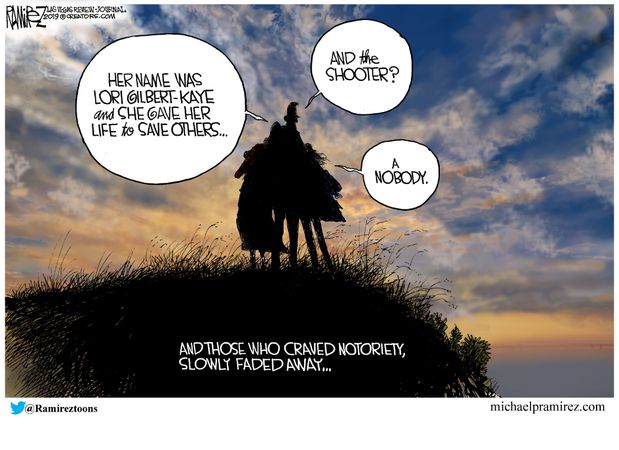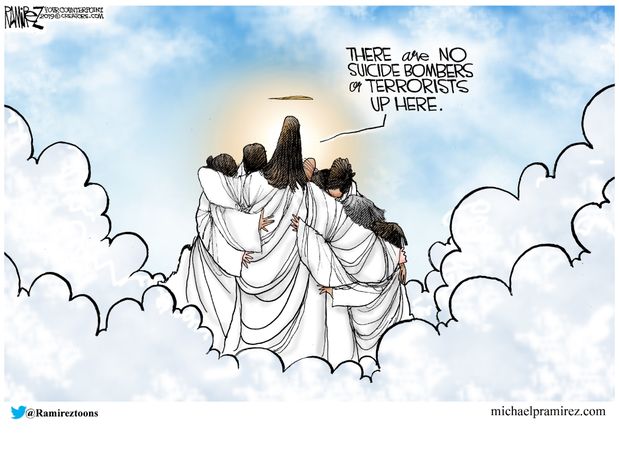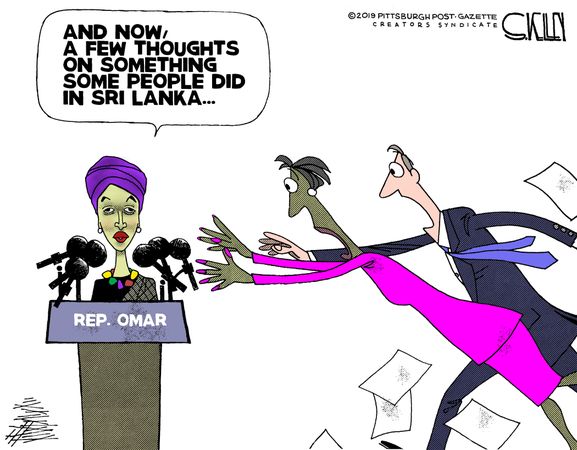I have been opposed to politically correct tyranny. This includes, but is not restricted to, attacks on sports team mascots, the names of buildings, schools, etc., after some deceased public figure (because of some past sin (including ownership of slaves), etc. We are all fallible human beings, and as a Catholic, I believe in personal redemption and attempt to avoid being judgmental of them personally.
To give recent examples, Jack Kennedy, a Catholic, was unfaithful to his wife during his political career. He faced anti-Catholic bigotry during the 1960 election. In hindsight, some of us reflected the irony of Jack Kennedy, a not-so-faithful Catholic, representing Catholicism in America. But to a very young Catholic boy, knowing historical anti-Catholicism in America, I was very proud to see a Catholic in the White House. To give another example, Jack's little brother Teddy Kennedy was involved in the Chappaquiddick scandal, where his personal behavior was at best questionable. Not to mention I was utterly disgusted when the Catholic Church annulled Ted's 20-year marriage to Joan, freeing him to remarry. But he went on to become the most articulate progressive senator, the so-called "liberal lion". Today I would be hard pressed to cite a single policy of his I agree with, but I do recall during the immigration reform of 2007, unlike Obama, Kennedy stood by concessions made to Republicans during floor votes.
I grew up in an integrated military where I went to school with and befriended blacks, Latinos, and Asian-Americans. I never understood how Christians, familiar with the Exodus in the Old Testament, could have tolerated the evil of slavery. I couldn't understand how the Founding Fathers, under the construct that all men are created equal, could make peace with the living contradiction of slavery, never mind own slaves on their own.
But I have tempered my judgment/criticism of others in the past based on my presentist bias, living in a different time with evolved culture. For example, John Locke, perhaps more than any single figure, heavily influenced the principles of our republic; and he
had a somewhat nuanced view on contemporary slavery: "
yet it is not wholly unjustifiable in Locke’s system; if a man aggresses against another, he loses all rights in the just war fought against his aggression, and thus may he be rightly enslaved. (Incidentally, Locke deemed the West Africans enslaved by the Royal Africa Company to have been taken prisoners in a just war against them, thus defending, if somewhat naively, colonial slavery)."
Farming did not require slavery. And there were costs of slavery, including the risk of escape. The Northern states had gradually abolished slavery; the US had abolished the importation of slaves by the early nineteenth century. The tide of history was rising against the slave trade. Britain had outlawed it earlier in the nineteenth century. Only a fraction of Southerners owned slaves, and the institution had a negative effect on wages. Free labor was migrating to the more prosperous, economically diversified South.
I have no doubt that plantation owners were politically well-connected in the South, and the South had felt marginalized and economically exploited by the North (notably Lincoln had been elected without a Southern electoral vote). I do not know when slavery would have died off, but this I'm fairly sure of: sharing a long border with a slave-free North not bound by a Fugitive Slave Law would have vastly increased the cost and risk of holding slaves. (In fact, this scenario happened in the peaceful collapse of slavery in Brazil a generation later.) I suspect consumer demand for alternative suppliers of commodities like cotton would have also had an impact. It's difficult to prove, of course.
To me, the issue of secession is a natural consequence of voluntary association; if the people had the right to join; they also had the right to secede, for when did they ever lose the right of association? I really don't think others have the right to intervene depending on whether the stated rationale is morally acceptable to them. In essence, the nationalists considered the slave states enslaved to the Union. I'm sure the plantation owners wanted to protect the institution of slaves, but they were a minority. There were other grievances include economic protectionism of the industrialized North which not only cost Southerners in tariffs but made Southern exports a retaliatory target for trading nations.
Another major libertarian point is the non-aggression principle. The South in seceding did so peacefully. Let's be clear: the North, not the South, inherited a full military; it outnumbered the South and had a diversified economy, including an industrial base for warmaking. It would have been suicidal for the newly formed Confederacy of 7 slave states (not including 8 other slave states). The US had refused to abandon its military presence in Charleston after South Carolina's secession, ultimately resulting in the battle for
Ft. Sumter, surrendered without loss of life on either side. Lincoln used this pretext to raise 75,000 troops to recapture its Charleston positions and to forcefully restore the renegade states to the Union, and half of the remaining slave states jointed the Confederacy. If you look at any
Civil War battle map, the vast majority of battles took place in the South. Little wonder why Southerners often refer to it as the War of Northern Aggression.
Now how could a libertarian "side" with the South? Well, let's not pretend that the war was over slavery. Make no mistake: I don't regret the fact that slavery was abolished; but if you look at Lincoln's inaugural address, he explicitly put slavery on the table to lure the Southern states back. The Emancipation Proclamation did not apply to the 4 slave states still in the Union; it was more of a tactic to divide and conquer the South. To be sure, Lincoln did use the slavery question in diplomacy, in trying to stave off international recognition of the Confederacy, say with Britain which had ended slavery years earlier.
Similarly, charges of "treason" or "rebellion" presume a nationalist perspective; it's like saying a battered woman who leaves her marriage is the aggressor. The Southern states didn't try to take over the US government, even though some major battles took place and won mere miles from DC.
I had been raised and educated with the conventional pro-Union perspective. When my Dad was stationed in South Carolina (when I was in the sixth and seventh grades), we made a trip down to visit Ft. Sumter. But what appalled me was the loss of over 600K lives, and I've found Tom DiLorenzo's books on Lincoln compelling.
I tweeted out over the weekend that the secession of Southern states and their senators basically paved the way for the North to ban slavery and repeal the Fugitive Slave Law, something which I'm personally convinced would have collapsed slavery in the South.
Revisiting this issue was the consequences of Biden opening salvo at Trump, given the latter's ambiguous response to the Charlottesville tragedy. The Unite the Right rally was aimed at a politically correct reaction to Southern figure statues, including of Robert E. Lee. I have a nuanced view of the man and don't personally care about statues. I don't really care that much over statues; in fact, during the 2 years I pursued my math MA at the University of Texas, I never once saw the Confederate statue on campus, recently relocated to another facility.
The issue I have is with progressives trying to censor our past, including Robert E. Lee under today.s standards. I think the horrors of the Civil War serve as a reminder to Americans of the costs of war, including internal ones. I disagree with censorship, period. Whether neo-Nazis or Confederates exploited the kerfuffle aimed at Southerners with a certain regional pride is a peripheral issue; I would rather not be associated with them in any cause.
So some pro-Union Civil War troll initially seemed to appreciate my tweet (like and retweet), but then went on to personally attack me as knowing little about the subject and went on to discuss or cite Southern pro-slavery atrocities (in other states and territories), etc. Well, I agree I am not a Civil War historian, and the ongoing nineteenth century squabbles over slavery in new territories/states as the South was intent on not being marginalized in a balance of power are somewhat nauseating to review.
But what I know is no other country fought a civil war or sacrificed a generation to get rid of the evil of slavery. That is Lincoln's legacy. Even proto-libertarian, abolitionist Lysander Spooner opposed the Civil War. I thought the right leadership would have done better.





